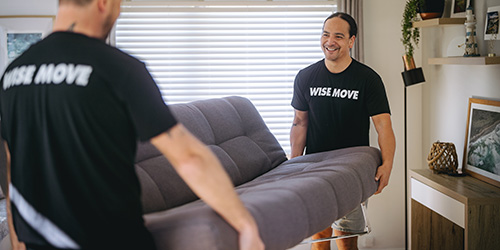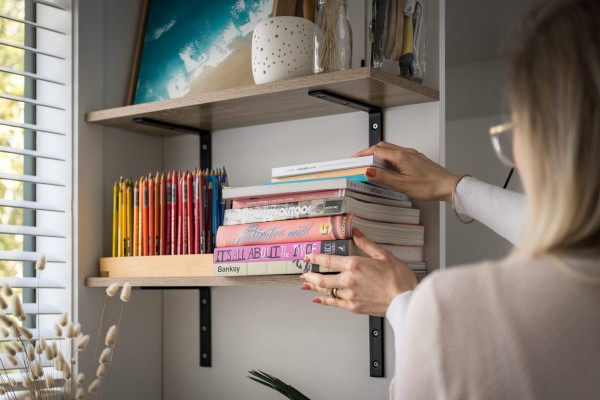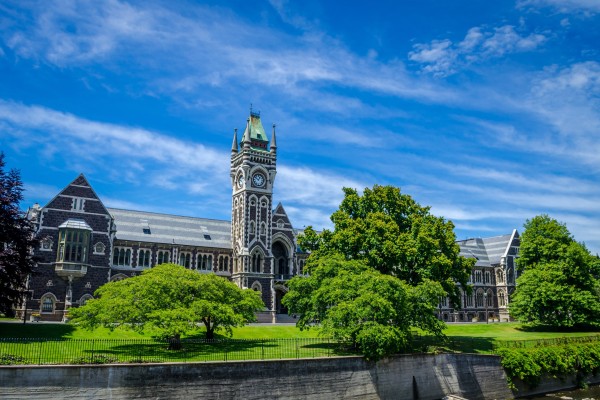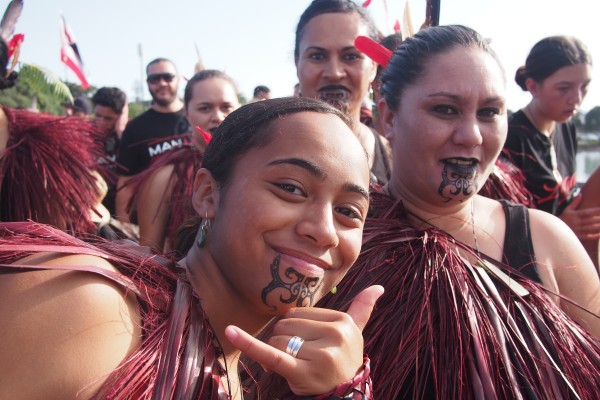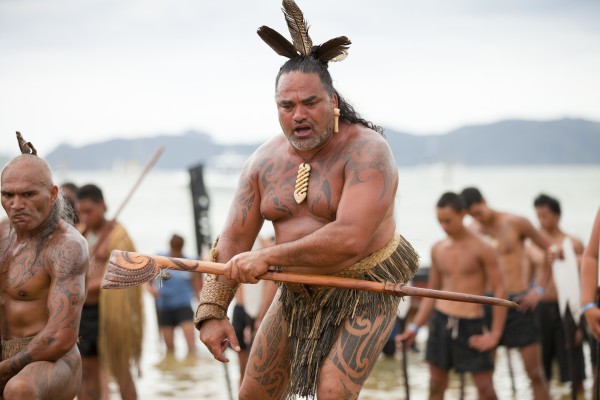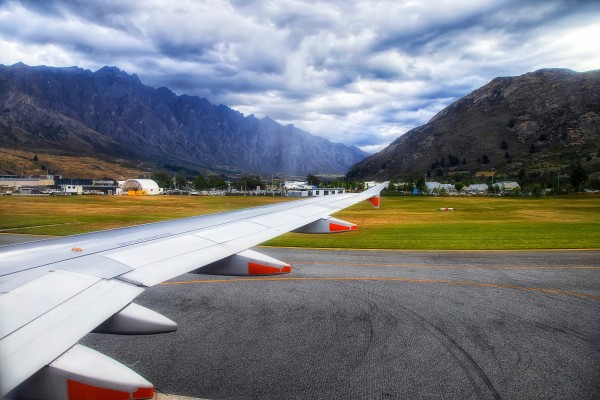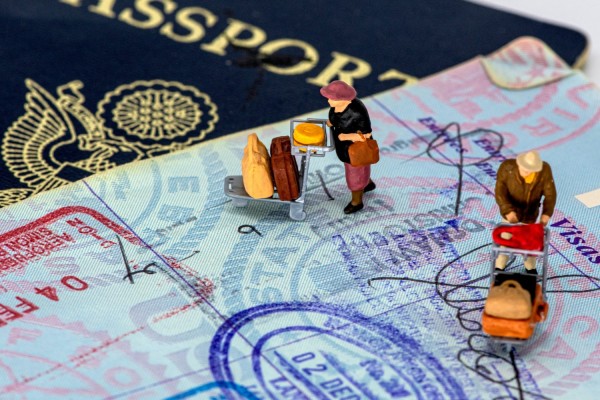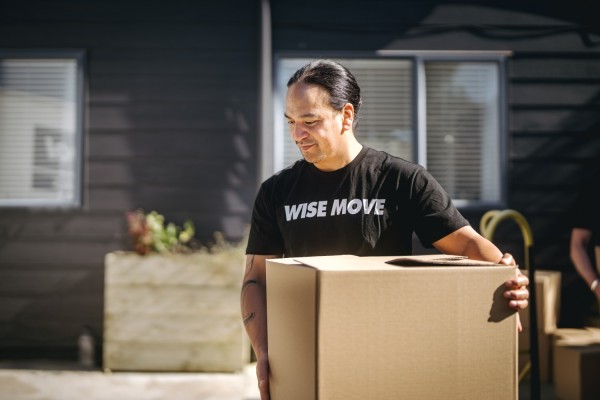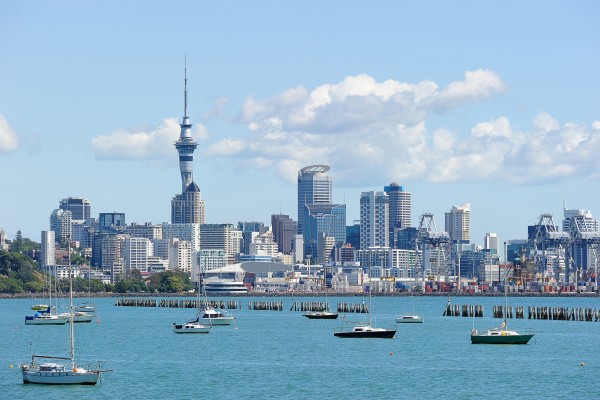Understanding the New Zealand education system

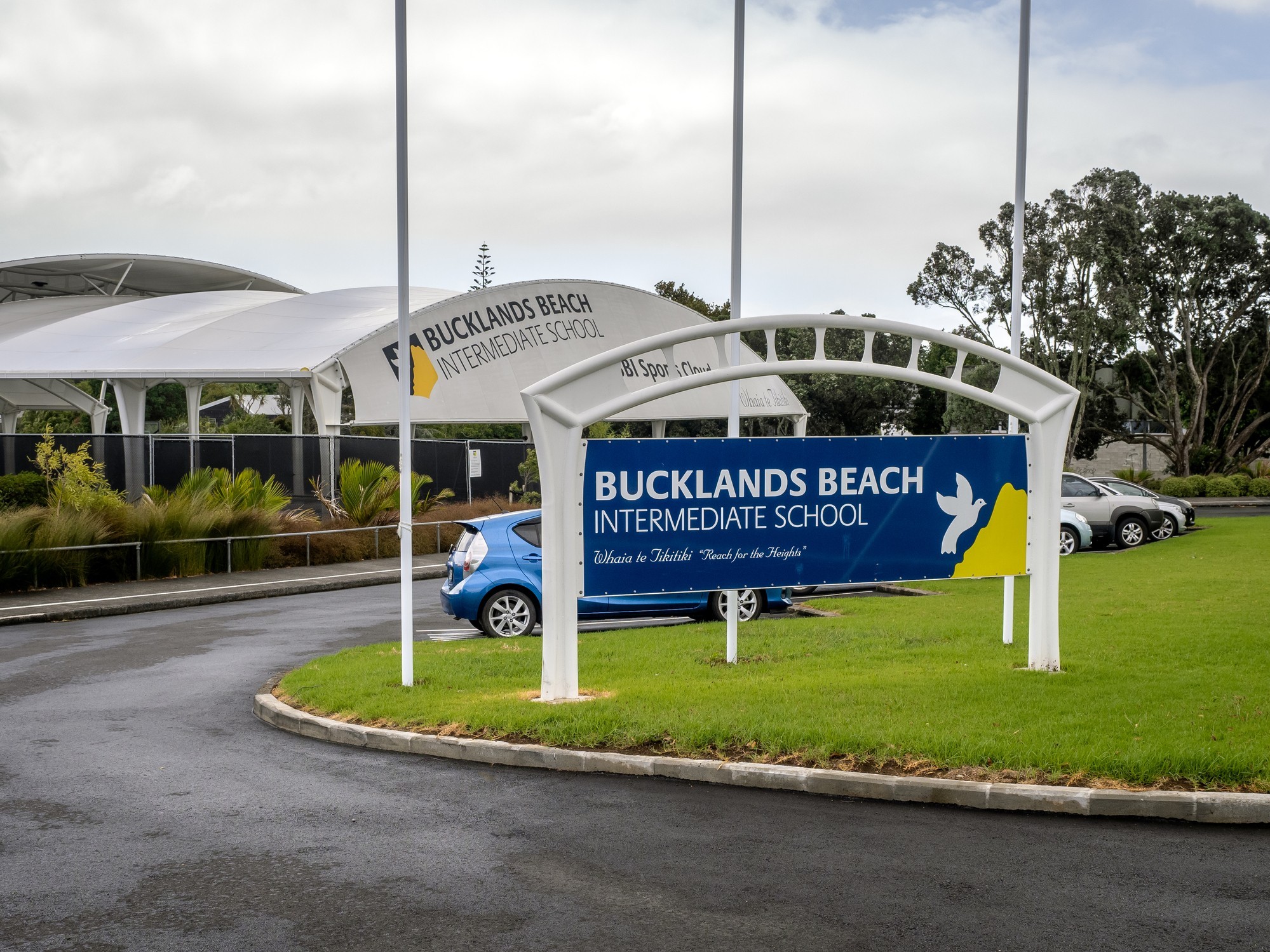
If you are moving to New Zealand, raising children or just curious about what life in Aotearoa is like, you may have a few questions regarding the education system.
Rest assured, the New Zealand education system is one of the best in the world.
The New Zealand education system is ranked 7th compared to other nations around the globe. Between the ages of 6 and 16, public education is compulsory. Public school is free and well-funded. Here’s everything you need to know about the school system and studying in Aotearoa.
How does the New Zealand education system differ from overseas?
One of the biggest differences when enrolling your child in classes is that the school year runs from early February until mid-December. New Zealand is in the Southern Hemisphere, and December to February are the summer months.
The school year is divided into two Semesters with two Terms per semester. In primary and high school, terms last for ten weeks, followed by two weeks of school holidays. At the end of Term 4 (mid-December), the school year ends, and classes for the following year begin in mid-February. Primary and Secondary schools usually start their school year earlier than universities, many of which begin classes in late February or early March.
How does the New Zealand education system work?
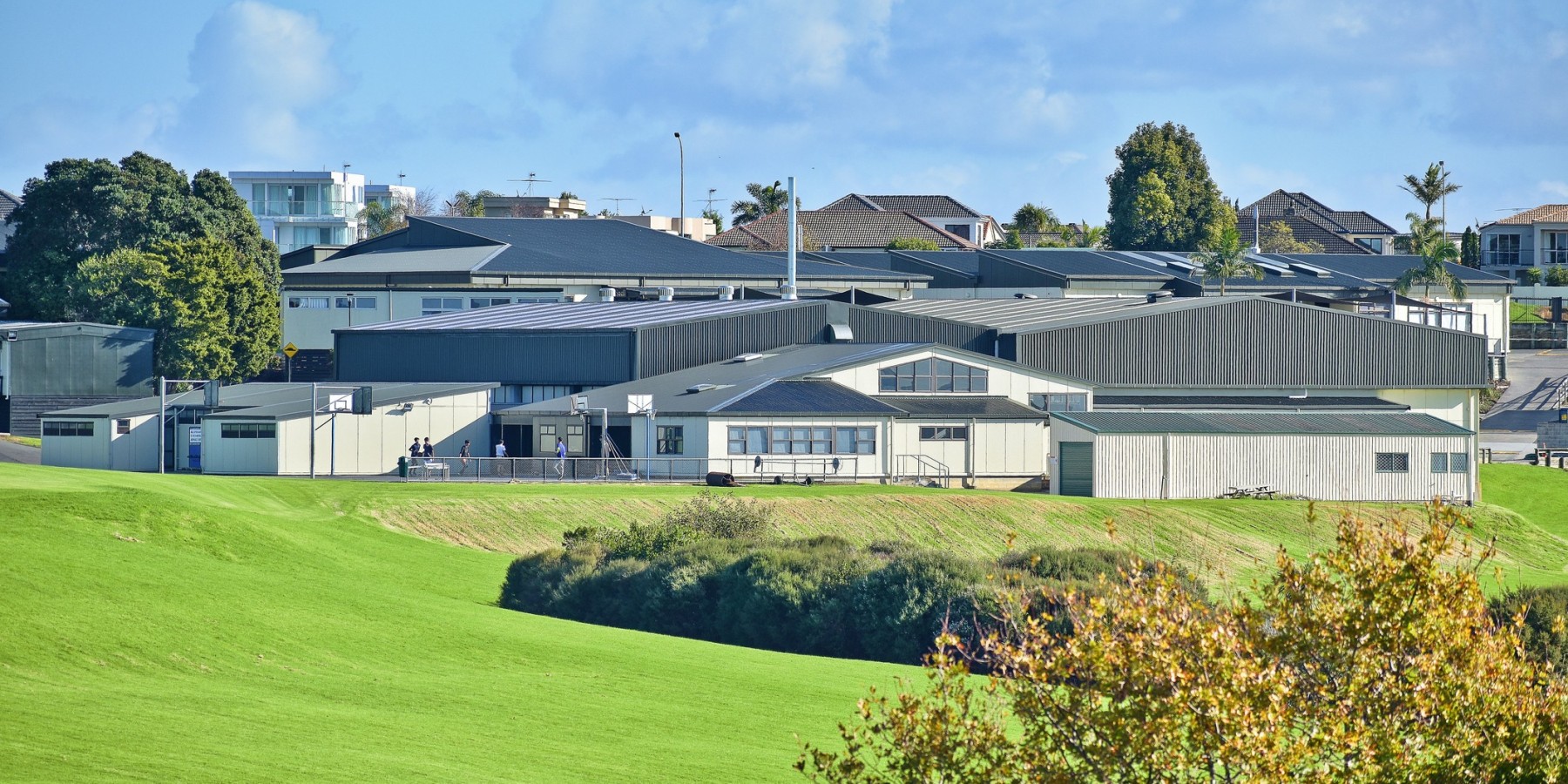
The New Zealand education system can be divided into five distinct groups.
Early Childhood: From ages 0-5, there is no compulsory education for children in New Zealand, although most children will attend Kindergarten at some point before they turn 5.
Kindergartens are relatively low cost (especially compared to childcare), and parents have access to 20 hours of childcare subsidies a week, which makes attending Kindergarten a smart option. Most Kindys — as they are known locally — accept children from 2 years old, although many families wait until their child is 3 or 4 to attend. Children will start with a half day of Kindergarten before attending for a full day (from 9 am-3 pm.)
Primary School: Children can enrol between the ages of 5 and 6. Formal education is compulsory for children from age six. However, most families enrol their children when they turn five. The first year of Primary School is known as the ‘new entrance’, and children will join this class for a year or less, starting on their birthday and attending class until the end of the school year in December.
Year 1-Year 8 are the Primary school years and most children attend from ages 5-12 years. Most Primary school students will attend one school for the majority of this time, although there are some ‘Intermediate Schools’, which can be thought of as Junior Colleges that children can attend for Years 7 and 8.
Intermediate School: Intermediates are becoming less common in New Zealand. Intermediate schools take children from Years 7 and 8 as preparation before attending high school. Many primary schools now offer Intermediate Years or have amalgamated with local Intermediates and now have a separate campus for these pre-high school years.
The purpose of these schools is to give children a larger sense of independence, teach them new subjects and classes and get them used to navigating a larger campus before attending larger Secondary schools.
Secondary School: From ages 13-18 (Year 9-13), children attend Secondary School, although education is only compulsory until age 16 or Year 11. Secondary school is also referred to as high school and sometimes college. During the first two years of Secondary school, students select a range of elective subjects while Physical Education, Maths, English, Science, Social and Studies are compulsory. During Years 11-13, Students can pick their own subjects, with only English compulsory in Year 12. In Year 13, there are usually no compulsory subjects.
Classes in Secondary Schools usually run for one hour, and students have five subjects a day. By Year 13, most schools give students one study period a day, and most students study six subjects.
Tertiary Education: Some students choose to continue studying after Secondary school at a University or Technical Institute. To enrol in University, you will need an NCEA Level 3 qualification. This includes 14 credits at Level 3 or higher in three approved subjects. If you are over 20 years old, many universities will have gateway programmes or accept applications from students without qualifications after some assessment.
What is the New Zealand school curriculum like?
New Zealand has a national curriculum that will inform what your child learns in Primary and Secondary school. This curriculum helps teach children the values and capabilities they will need to succeed. Each school can design and implement the curriculum as they see fit.
There is a large focus on reading, writing and maths during Primary School so that children have a strong foundation to continue learning as they head into Secondary School.
What language is school taught in?
The majority of schools in New Zealand teach their classes in English. Kura kaupapa Māori (more commonly known as Kura) are public schools where classes are taught in te reo Māori and based on Māori culture and values. Kura runs from Year 1-8 or Year 1-13.
Kura follows Te Marautanga o Aotearoa as a learning programme; at least half of all classes are taught in Māori. This curriculum aims to develop confident learners, effective communicators, and children who are secure in their identity as Māori and as leaders in the wider world.
How do you enrol in school in New Zealand?
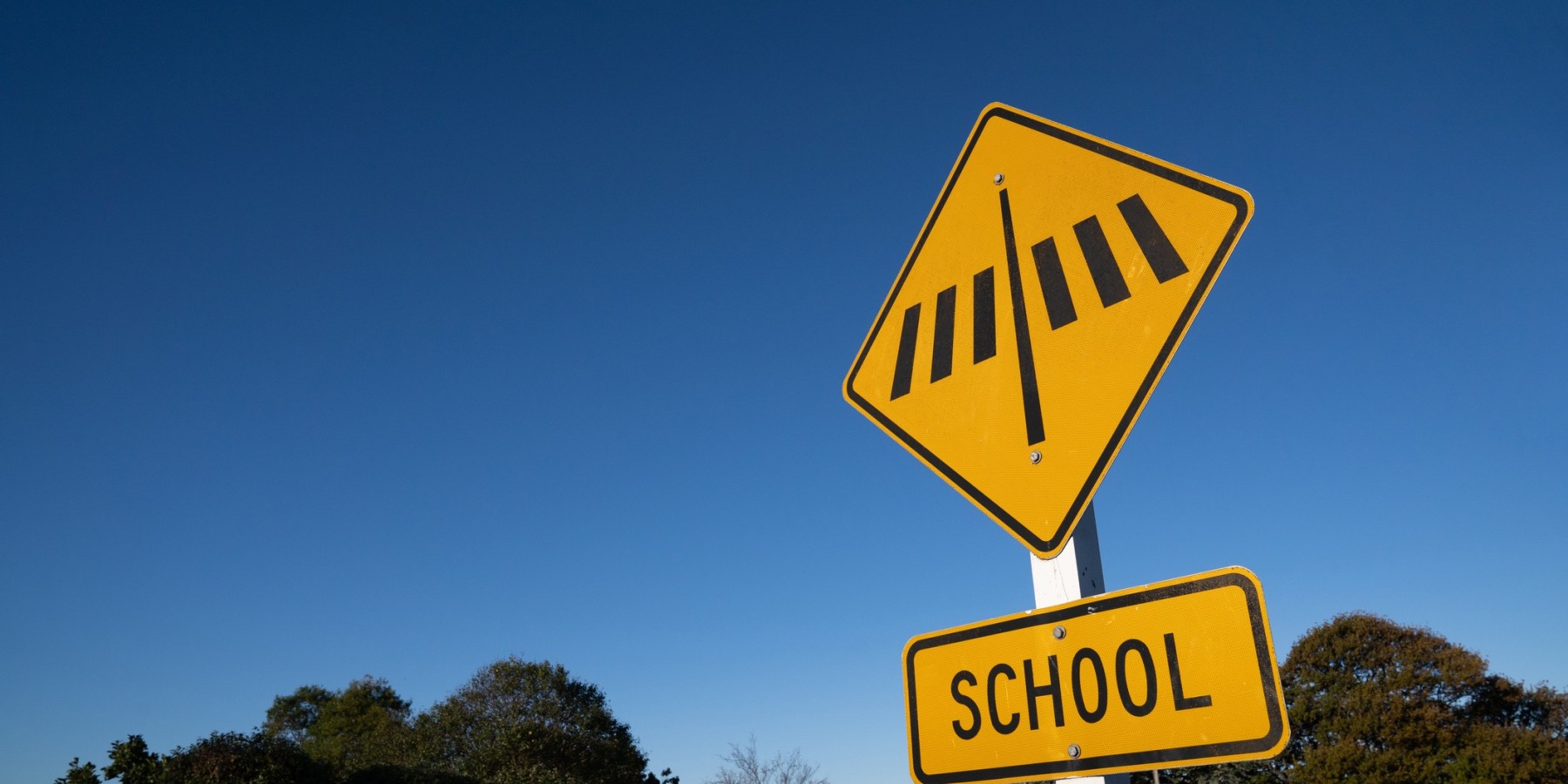
You enrol directly with the school you want your child to attend in New Zealand. Many schools, especially Secondary Schools, have catchment zones, which means they will take the majority of students from the suburbs closest to the school. Children who live in catchment zones are guaranteed a place at their local school. Extra places are given to children who live outside these zones. Some schools have catchment zones that also include rural areas so that children who live outside the city limits aren’t excluded from a top education.
How do children get to school in New Zealand?
Since most schools have enrollment zones, most students walk, bike or take a private vehicle to school. Many schools provide buses to rural areas that are also within their catchment zones. This ensures country children have just as much access to education as their city counterparts.
What types of classes are popular in New Zealand?
In primary school, there is a large emphasis on learning and mastering the basics, including reading, writing, and mathematics. Art, social studies, music and physical education are also taught in some form.
From Years 7-8, students usually begin to take subjects taught by specialist teachers. These vary from school to school but may include computer science, maths, art, languages, and technology, as well as English, maths, science and physical education.
In Secondary School, students have more choices regarding their learning. Science is broken into three disciplines - biology, chemistry and physics. Media studies, graphic design, visual and performing arts, languages, classical studies, metalwork, woodwork, and technology subjects are all available.
What is outdoor education like in New Zealand?
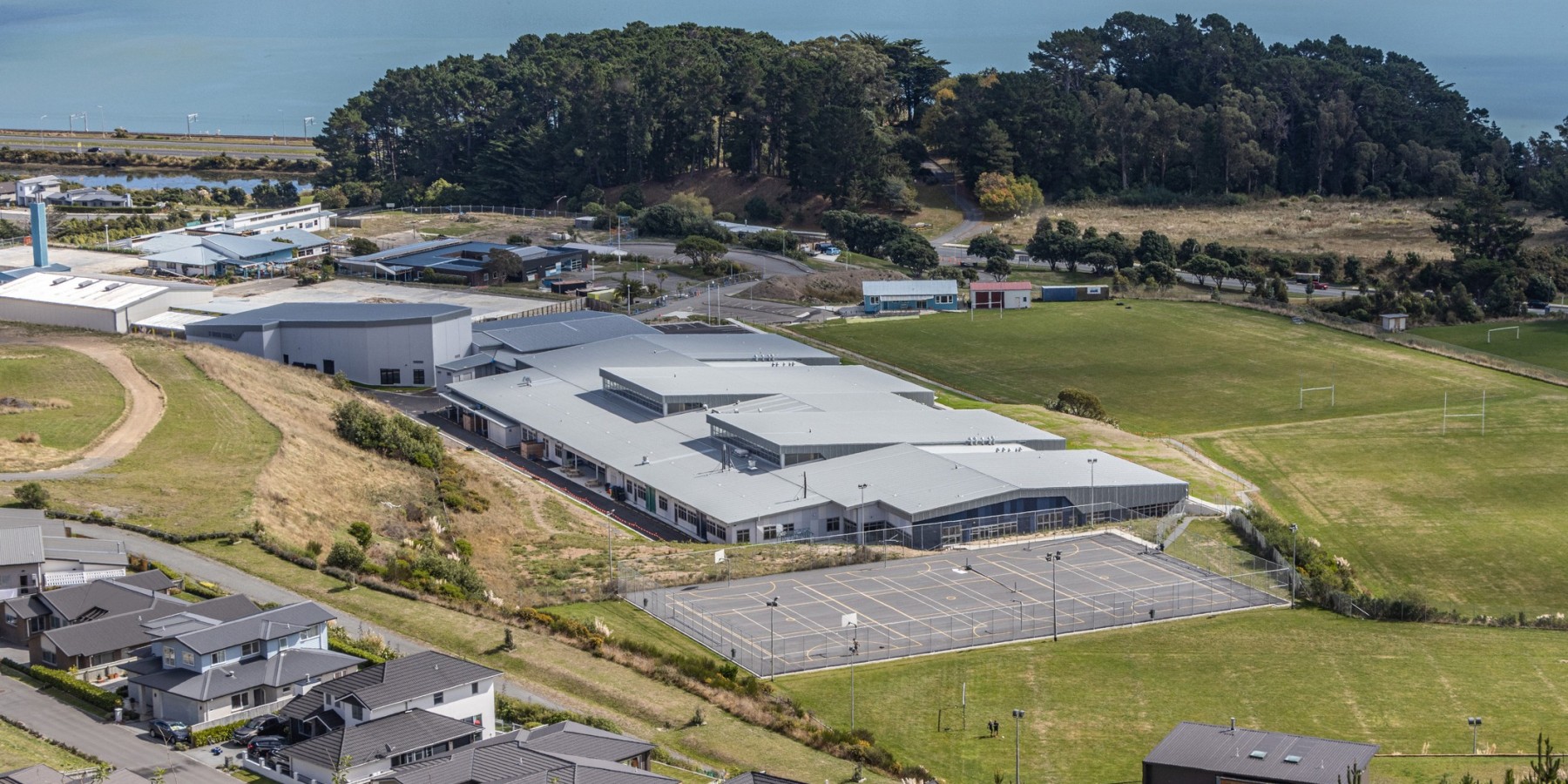
School camps begin in upper primary school and usually occur in Years 5, 6, 7, 8, 9 and 10. Students will spend anywhere from one to five nights with their peers camping, building confidence, resilience and resourcefulness in the outdoors. Most school camps are held at the start or end of the school year when the weather is its best. They help students build and use various skills, including leadership, teamwork, goal setting, and outdoor techniques.
Most school camps include a mix of activities like hiking, fishing, outdoor sports, campfire stories, orienteering, outdoor swimming, and cooking.
Is school public or private in New Zealand?
There are options for both public and private schooling in New Zealand. The majority of students will attend public or state-funded schools for the majority of their education. There are 2,500 public schools in New Zealand, representing 86% of students. Private schools represent around 14% of students.
The government funds public schools. They are free for all students to attend. Attendance does not include the cost of a uniform, books or extra activities such as camps or excursions. Private schools are funded by the cost of tuition. They are also not directly controlled by the government and are governed by an independent board. Private schools do receive some funding from the government.
There are also state-integrated schools that teach a specific philosophy or religion alongside the curriculum. These schools charge compulsory attendance dues to attend.
What qualifications can New Zealand children leave with?
Students sit National Certificate of Educational Achievement (NCEA) exams in Secondary School during Years 11, 12 and 13. They can achieve NCEA at three levels in a range of subjects. University Entrance requires students to achieve credits at Level 3 or higher in approved subjects. Some of these credits must include reading, writing and mathematics.
What is tertiary education like in New Zealand?
Tertiary education includes University, Technical Institutes (Polytechs) and higher vocational training, like trade training and apprenticeships. There are Universities in the main centres of New Zealand (Auckland, Wellington, Palmerston North, Hamilton, Christchurch, Dunedin) as well as smaller satellite campuses around New Zealand.
The New Zealand Qualifications Authority assures and approves qualifications and sets the skill standards for tertial programmes (outside of Universities).
Most Polytechs offer a mixture of trade programmes, certificates and diplomas, while some polytechs have Degree-level courses for specific career paths. Degree-level education is mainly offered at Universities.
New Zealand’s top university is the University of Auckland. All New Zealand’s Universities are considered great places to learn domestically, with some having higher reputations overseas. Here is how they rank:
-
University of Auckland - Ranked 68
-
University of Otago - Ranked 206
-
Massey University - Ranked 239
-
Victoria University of Wellington - Ranked 241
-
University of Waikato - Ranked 250
-
University of Canterbury - Ranked 256
-
Lincoln University Canterbury - Ranked 362
Each university offers a wide range of courses. However, some have a reputation for specialising in certain career fields.
-
Medicine - University of Auckland and University of Otago
-
Veterinary Science - Massey University
-
Agriculture - Lincoln University of Canterbury
-
Arts - Victoria University of Wellington
How do New Zealanders pay for tertiary education?
New Zealand’s Universities are publicly funded. However, this doesn’t cover the full cost of tuition. Most domestic students will take out loans to fund their courses. A degree-level course typically takes three years to complete. On average, one year of study at a tertiary institute costs $7,500, with medicine around $18,000 a year.
Many students are eligible for a student allowance or a student loan. This is a weekly payment to help with your living arrangements. Student allowances are means-tested against your parent's income and do not have to be paid back. Student loans do have to be paid back.
First-time tertiary students are also eligible for the Fees Free programme. This covers up to $12,000 of fees for either one year of tertiary study or two years of work-based training. It is paid directly to your place of learning.
Around 70% of students borrow money from the government to fund their studies. The average debt per borrower is around $NZD24,000. ($USD14,000 or GBP11,750).
International students can expect to pay around $NZD20,000 per year, depending on their course. New Zealand is very welcoming to international students.
What do our customers say?

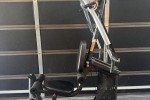



For every (wise)move
